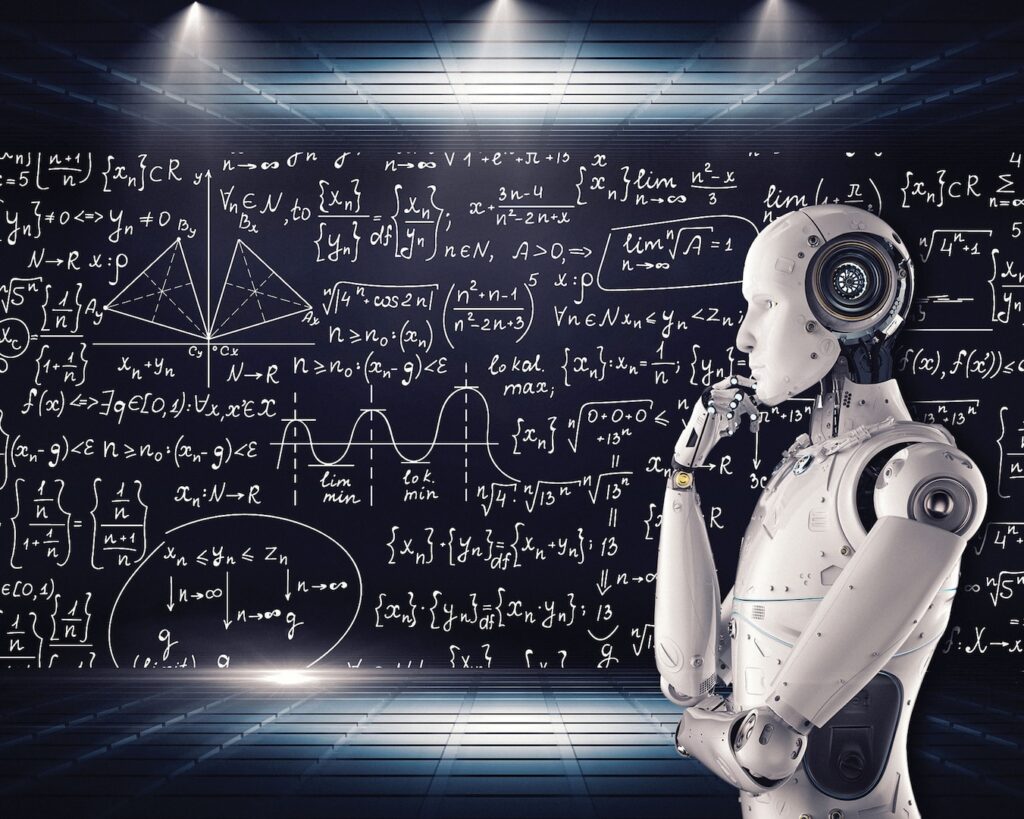The Future of Warfare: How Artificial Intelligence is Transforming Military Operations
Artificial Intelligence (AI) is revolutionizing military operations by making them more efficient, precise, and lethal. Autonomous systems, such as drones, can perform tasks too dangerous or difficult for humans. AI also improves decision-making by analyzing real-time data to provide valuable insights for commanders. Targeting and precision strikes are enhanced through AI algorithms that can track enemy targets with unprecedented accuracy. In cyber warfare, AI helps detect and mitigate cyber threats to protect critical military systems. Despite challenges and ethical considerations, the use of AI in military operations is likely to continue growing, shaping the future of warfare in the digital age.
The Future of Warfare: How Artificial Intelligence is Transforming Military Operations
Introduction
Artificial Intelligence (AI) has been making significant advancements in various fields, including the military sector. This technology is changing the way military operations are conducted, making them more efficient, precise, and lethal. In this article, we will explore how AI is transforming the future of warfare.
Autonomous Systems
One of the key ways in which AI is transforming military operations is through the use of autonomous systems. These unmanned systems can operate without direct human control, making them ideal for tasks that are too dangerous or difficult for humans to perform. Autonomous drones, for example, can be used for reconnaissance missions, target identification, and even for striking enemy targets.
Intelligent Decision-Making
AI is also being used to improve decision-making processes on the battlefield. By analyzing vast amounts of data in real-time, AI algorithms can provide commanders with valuable insights and recommendations to help them make better decisions faster. This can help to reduce the fog of war and improve overall operational effectiveness.
Targeting and Precision Strikes
One of the most significant benefits of AI in warfare is its ability to improve targeting and precision strikes. AI algorithms can analyze data from various sources, including satellites, drones, and sensors on the ground, to identify and track enemy targets with unprecedented accuracy. This allows military forces to carry out precision strikes with minimal collateral damage.
Cyber Warfare
AI is also playing a crucial role in cyber warfare. With the increasing digitization of military systems, the threat of cyber attacks has become a major concern for defense forces around the world. AI-powered tools can help to detect and mitigate cyber threats in real-time, ensuring that critical military systems remain secure and operational.
Challenges and Ethical Considerations
While AI offers significant advantages in military operations, it also presents several challenges and ethical considerations. One of the main concerns is the potential for AI to be used in autonomous weapons systems, which could raise questions about accountability and the laws of war. There are also concerns about the potential for AI to be hacked or manipulated by hostile actors.
Conclusion
Despite these challenges, the use of AI in military operations is likely to continue to grow in the future. As technology continues to advance, AI-powered systems will become increasingly sophisticated and capable of performing a wide range of tasks on the battlefield. The future of warfare is being shaped by AI, and it is essential for defense forces to adapt to these changes to remain effective in the digital age.
